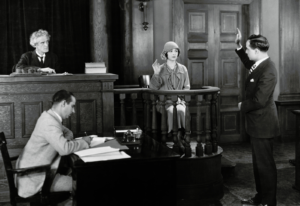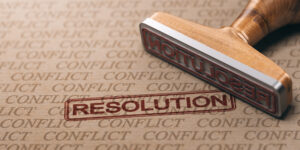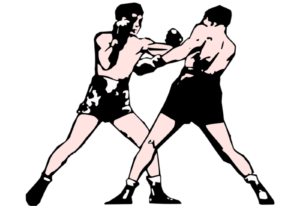Lawyers Are Becoming Less Civil
In the world of litigation, the rise of what I’ve come to call the “paper tiger” has become increasingly prevalent. California Rule of Court 9.7 requires all attorneys to conduct themselves with dignity, courtesy, and integrity, and most states have similar ethical standards in place. The American Bar Association’s Model Rules of Professional Conduct serve as a foundation for these codes, emphasizing professionalism and civility throughout the legal profession nationwide. Even beyond the U.S., many countries have established ethical codes for lawyers, underscoring the global importance of maintaining respectful and ethical conduct in litigation.
Nonetheless, I have witnessed a notable shift away from civility. A new layer of complexity to this phenomenon is the adoption of an aggressive stance in written motions while maintaining a veneer of politeness and civility in person or over the phone.
Written Aggression Versus In-Person Civility
As a seasoned attorney, I’ve encountered my fair share of adversaries who are paper tigers. Their motions are filled with venomous language, personal attacks, and inflammatory rhetoric. Every paragraph seems designed to provoke, intimidate, and undermine. Often these attacks have no relationship to the facts or legal issues at stake and lack any relevance. It is frustrating to spend clients’ time and money refuting these nonissues, especially when they have no bearing on the actual case. That is their purpose.
Yet, when it comes to face-to-face interactions or phone conversations, these same attorneys adopt a different persona altogether. They are courteous, affable, and seemingly reasonable. Gone are the barbs and insults; instead, they engage in polite discourse and maintain an air of professionalism. It’s a jarring contrast that can leave even the most seasoned attorneys feeling disoriented and off-balance. These attacks will sour the party’s relationship between the party’s attorneys, which can make settlement or resolution short of trial nearly impossible.
Factors Driving Aggressive Litigation Tactics
So, what’s behind this dichotomy? Why do some attorneys resort to aggressive tactics in writing while maintaining civility in person? The answer lies in litigation strategy and its use seems to be directly linked to three factors: 1) The weakness of the case; 2) The skill of the attorney; and 3) The control or lack of control the attorney exercises over their client.
In my experience, these overly aggressive motions are a deliberate attempt to gain leverage, intimidate and disguise a weak case. By launching personal attacks and employing inflammatory language, these attorneys also seek to put their adversaries on the defensive and undermine their opponent in the eyes of the court. However, when it comes to direct interactions, these same attorneys show little to no sign of the exaggerated written aggression. They understand that maintaining a facade of civility can be more effective in achieving their goals and know that the courts will not tolerate their theatrics in person. By appearing civil, they can appear reasonable even when advancing unreasonable positions.
Rarely is this an effective strategy and sometimes it can backfire sensationally. Such was the case in a recent hearing I attended. One attorney accused the other of nefarious intent in his motion. When questioned by the court, the same attorney walked back his language and described action as “procedurally improper, never mentioning intent. The Court was not fooled by the abrupt change and chastised the attorney for his use of inflammatory language and denied the motion.
Addressing Aggressive Behavior
For attorneys on the receiving end of such tactics, navigating this terrain can be challenging. It requires a delicate balance of assertiveness, composure, and strategic thinking as well as a thick skin. While it’s tempting to respond in kind to aggressive written motions, it can escalate tensions and play into the hands of the opposing counsel. That is not to say that attorneys who are victims of this behavior are powerless to stop it. Court may intervene and impose protective orders if the behavior has risen to the level of harassment. Sometimes this is the only way to end the offensive behavior.
Upholding Professional Ethics in the Face of Litigation Challenges
Effective advocacy not verbal jousting is the measure of an attorney’s skill. Attorneys must not only uphold the law but comport themselves with integrity and grace. I hope the rise of the paper tiger soon has its last roar and there is a return to civility.























